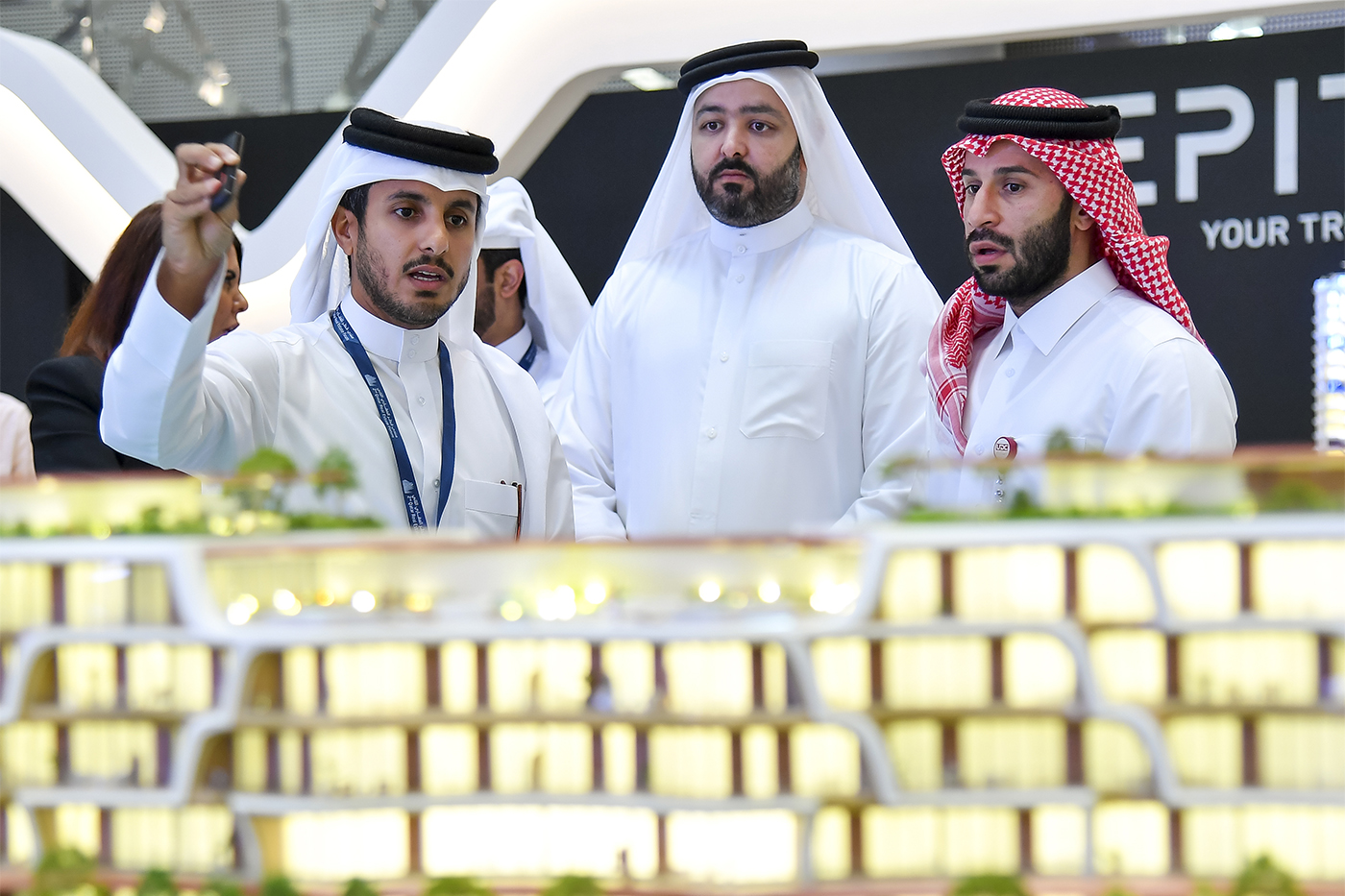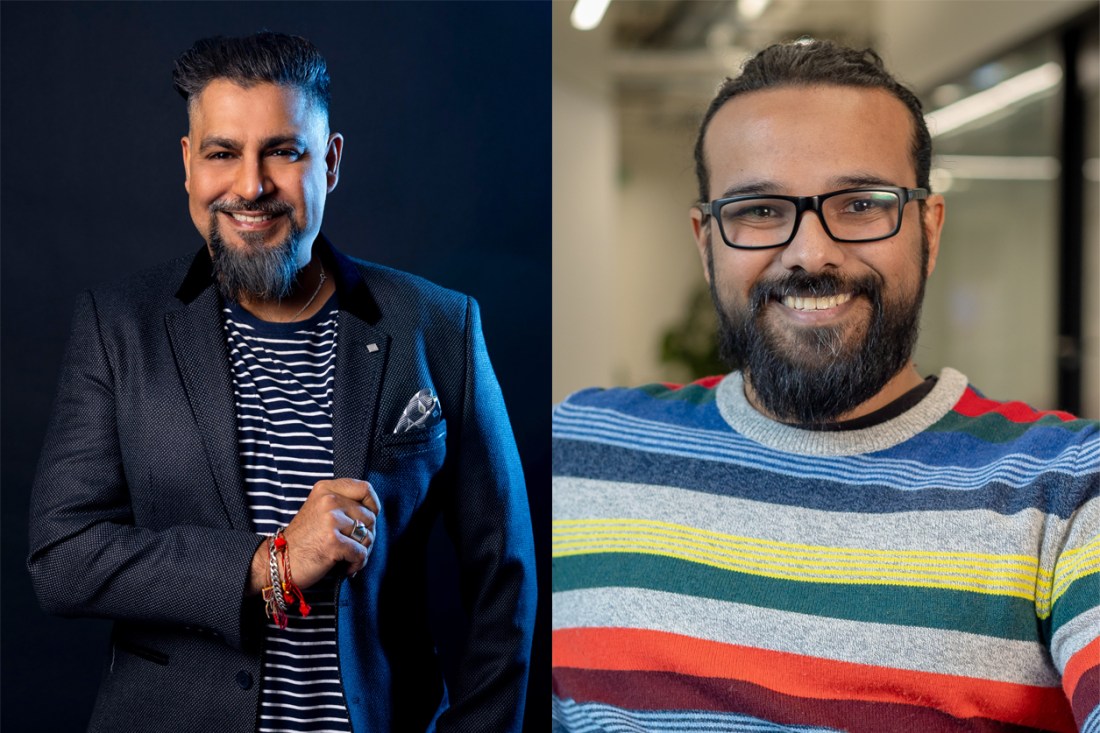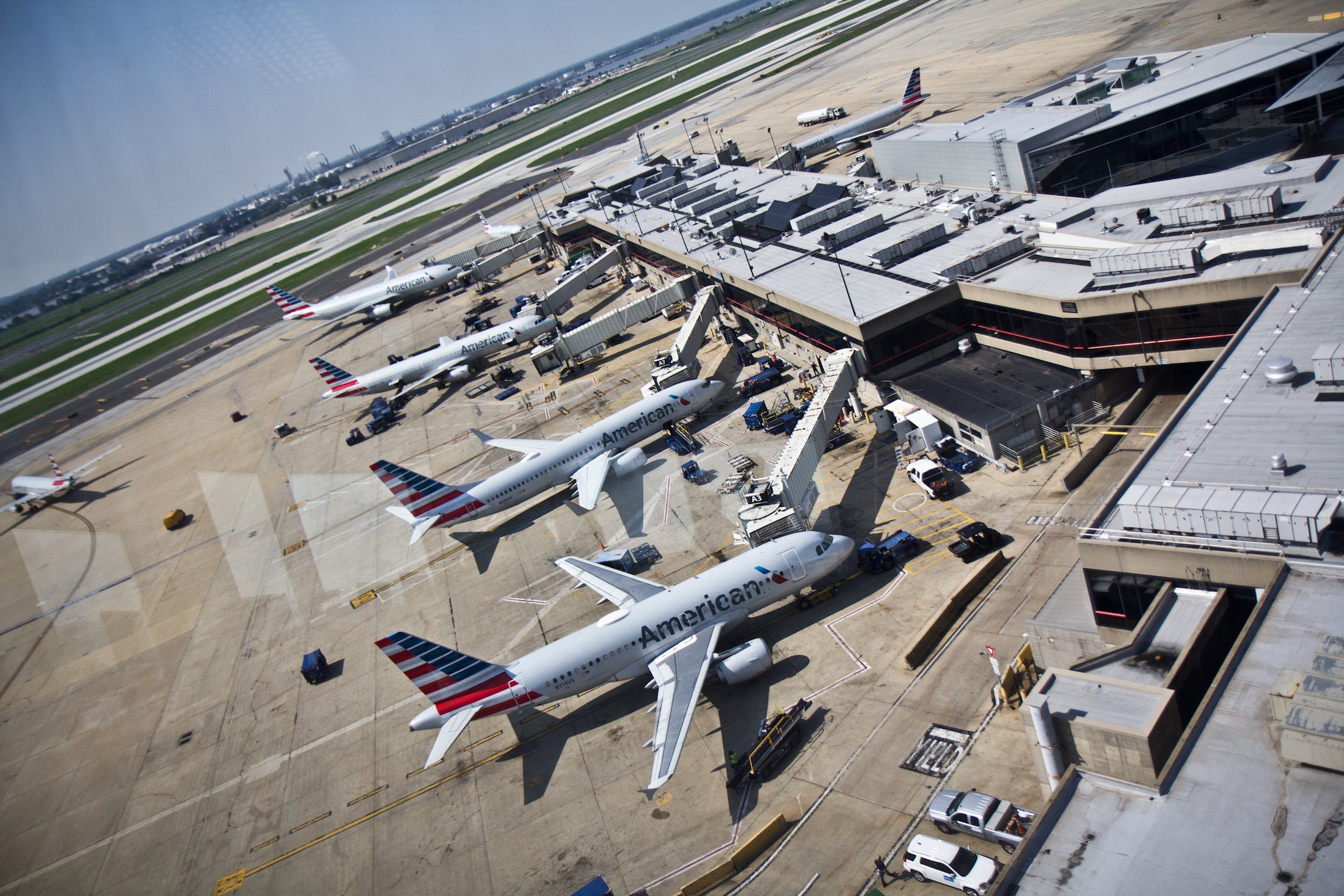Bussiness
Here’s what Western investors need to know when negotiating a business deal in the Middle East

Assistant professors Priyan Khakhar and Ahmad Alnajadah explain the cultural sensitivities required to be successful negotiators in the region in a chapter published in a new guide to business in the Middle East.

LONDON — Two Northeastern University business academics have been helping to decode how Western investors should approach international negotiations in the Middle East.
Assistant professors Priyan Khakhar and Ahmad Alnajadah have contributed a chapter on international negotiations to the “Routledge Handbook on Business and Management in the Middle East.”
The pair used their peer-reviewed paper to set out how those seeking success in the region “must grasp its intricate dynamics in bargaining, value systems, demographic makeup, decision-making processes and negotiation.”
With Middle East governments re-positioning their economies to make them more attractive to Western interest, the study is set to help foreign investors understand how business functions in an oil-rich and highly Islamic setting.
Khakhar, who lived in Lebanon for 20 years, says there are nuances in the Arab world that Western business managers must learn before plying their trade there — particularly when it comes to understanding the pace of negotiations, the use of bargaining as a tactic, and the preference for having personal relationships before striking deals.
“What Western managers sometimes find very different is the view of negotiation in terms of time,” says Khakhar, the head of international business on Northeastern’s London campus.
“The Western manager does not want to waste time — they have a more surgical view of time where bargaining could be seen as inefficient,” he says. “They think, ‘OK, I’m wasting my time. What’s the bottom line here?’
“That attitude can come across as perhaps not rude, but as being misunderstood. Because the person on the other side wants you to come home and meet his family and have tea before anything progresses, to have that relationship-building aspect.”
The chapter published in the handbook explores the concept of “wasta,” a form of social capital that the academics argue is required for successful negotiations to take place. Alnajadah, a Kuwaiti who has previously lived in the United States and now teaches business at Northeastern in London, says wasta is about a person’s connections.
“I think wasta is mistakenly assumed to have something to do with nepotism, but I think it has more to do with the tribal and small nature of communities in the Middle East,” he says.

“I equate wasta to social capital. Who do you know? What connections do you have with those individuals?”
For foreign investors commencing new ventures in the Middle East, it may be that they need a local partner based in the region who can use their connections and “wasta” to help make inroads, Alnajadah says, particularly when it comes to completing formal paperwork and making government links.
“If you walk into a government department dressed in your suit and tie when everyone’s dressed in a dishdasha [traditional male Islamic clothes], you’re going to look very different,” he says.
“You’re also going to be speaking very differently. The wasta comes in the form of having someone who looks just like them, who can talk their language and knows them.”
Alnajadah encourages Western managers to understand how ingrained Islam is within both the culture in the Middle East and “the way people think, act and negotiate” in a business environment.
“Religion doesn’t have any national boundaries. It’s a lifestyle; it’s a way of thinking; it’s a way of living and it is a way of being,” he continues.
“The prophet [Muhammad] himself was a businessman. He was a merchant and he would travel with his uncle around Saudi Arabia trading. And that is very much within the fabric of Muslims. People within the middle class, many of them are merchant families. Many of them understand that doing business has a certain context, it is done in a certain way — and much of it is based on what the prophet did in his life.”
Khakhar echoes that same sentiment, saying that “religion seeps through every aspect within the Middle East.” The pair write in their 12-page chapter that “successful business negotiations require cultural sensitivity and a willingness to adapt to local customs and traditions.”
Expanding on that, Khakhar says those doing business there must be aware that with Muslims stopping to pray five times a day — a practice known as Salat — trade negotiations can play second fiddle to religious observance.
The same sensitivities are required when discussing money. Any finance deal will have to be “compliant with the rules of Islamic banking,” says Khakhar, with the Quran prohibiting interest being paid on financial transactions.
Even when a deal appears to be concluded, the agreed pact may be met with the response, “inshallah” — an Arabic expression that literally means “if God wills it.” The phrase can indicate that the final decision on a deal coming to pass is in the hands of a higher being. But it can also have a multitude of meanings in different Middle East cultures, the academics explain.
“The way a person says inshallah is very indicative of what it means — and the country in which a person says inshallah is also very indicative,” Khakhar adds.
“In Saudi Arabia, for instance, it would literally mean, ‘If God wills it.’ However, if said in a certain tone in Lebanon, it could mean, ‘You will be lucky if you get the deal.’ Or it could be, ‘I’m not happy, so give me more.’ Or it could even be dismissive. It is about the way it is said.”
There may be much to get to grips with before entering negotiations in the Middle East but, as Khakhar and Alnajadah point out in their chapter, navigating the cultural nuances of the region successfully can hold a great prize.
The Middle East and North Africa make up just 5% of the world’s GDP but it has claim to 60% of its oil and 45% of its natural gas reserves, making it a global player in economic outlook. Doing business there has the prospect of wielding much in return.








